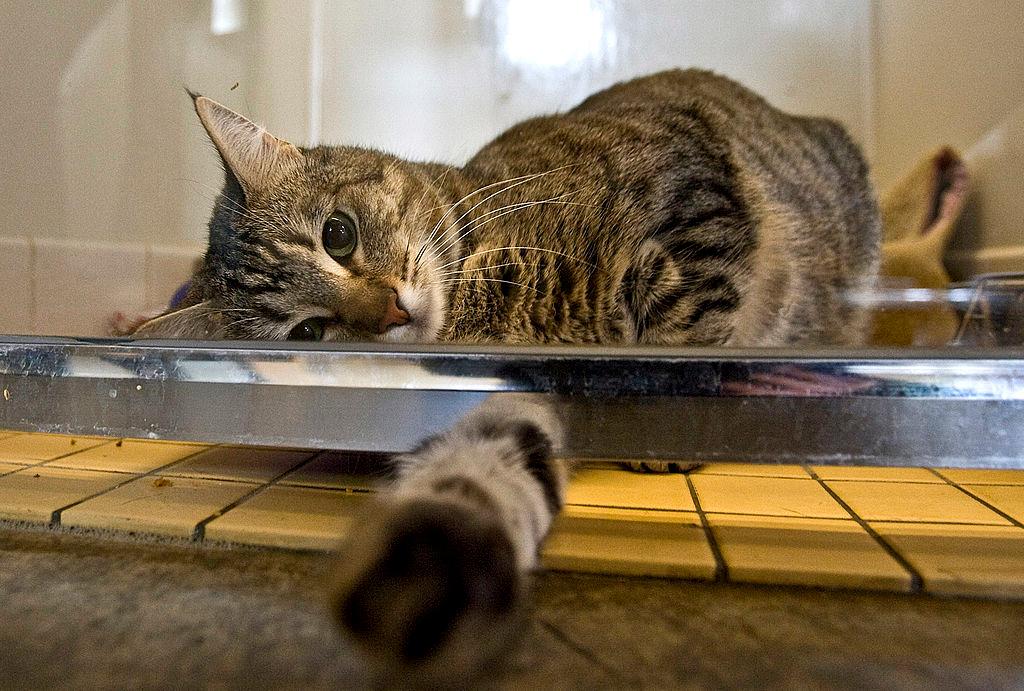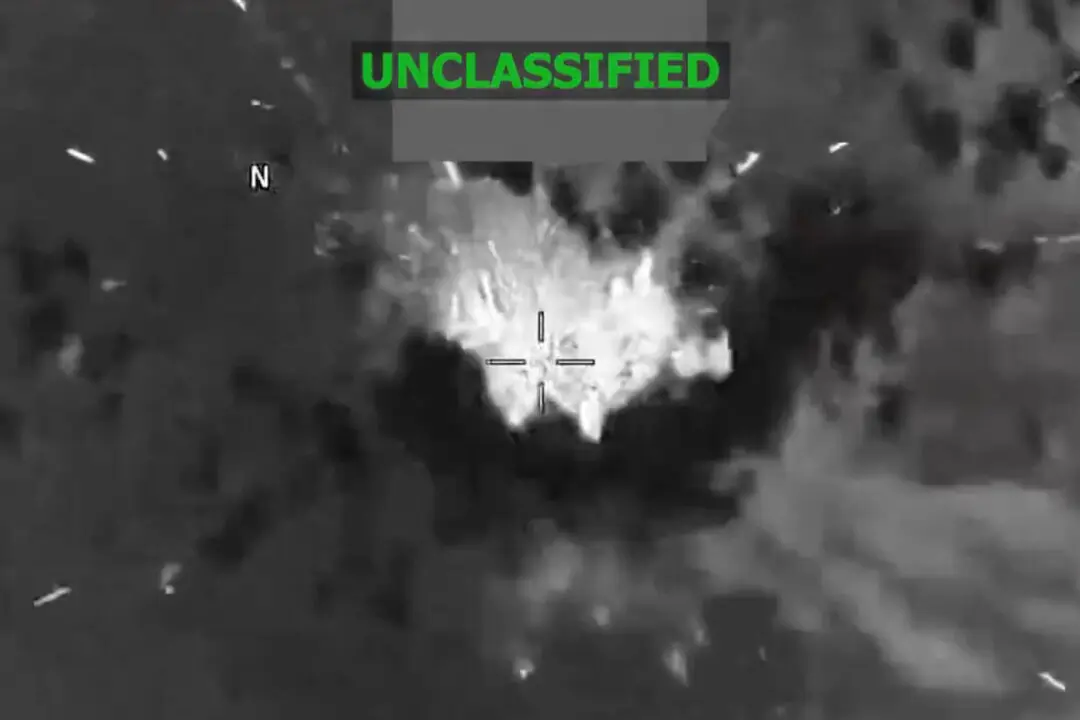Do you need a new furry friend? Well, if you’re anywhere in California, now is your chance to find a new pet.
Celebrate California’s Inaugural Adopt-a-Pet Day With a New Furry Friend
More than 2,000 animals will be available for adoption June 1 through participating shelters.

A cat reaches under the enclosure at the Sacramento SPCA. David Paul Morris/Getty Images




